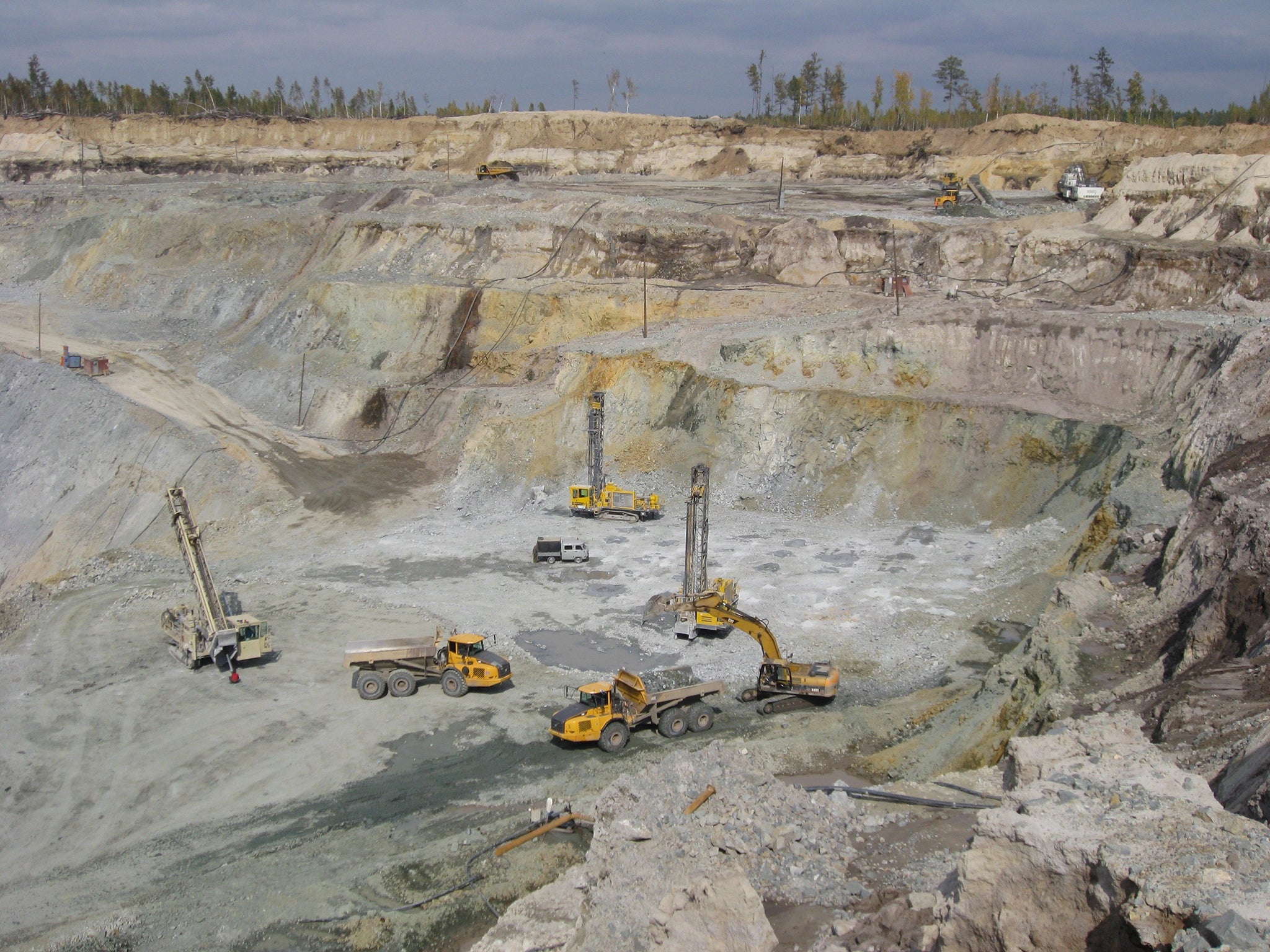Petropavlovsk: Precious metal to fool's gold
Petropavlovsk's shareholders yesterday voted to wipe out the value of their investment. Jim Armitage reports on how the shine came off the company

It all seemed such a good idea at the time. When Peter Hambro’s mining venture Petropavlovsk needed to raise cash to invest in new refineries for its gold mines in Russia, the price of the precious metal was rising and his company was worth £2bn.
The traditional route would have been to sell new shares in the company. But that has a downside: issuing new shares is expensive and reduces the value of the existing ones, irritating loyal shareholders.
Instead, Mr Hambro opted to raise debt through a mixture of ordinary corporate bonds and what are known as convertible bonds, which can convert into shares in the company at a later, given, date. Debt was cheap, with interest rates then – as now – at rock bottom.
The trouble with bonds is that, at some point in the future, they have to be repaid. And if the company runs out of cash with which to do so, bondholders have the first call on the assets of the company.
With many of the bonds due to be repaid next month, Mr Hambro’s decision was to lead to a financial cataclysm that yesterday nearly destroyed the company.
The debt deal was done in 2011 when the gold price was high and rising – later in 2012 it approached $1,800 an ounce. But then disaster struck.
First, the gold price began to tumble, hitting Petropavlovsk’s cashflow and crimping its ability to make the repayments. The price of the precious metal is now down to around $1,200 an ounce.
Then the Ukraine crisis struck and nobody was investing in Russia, meaning the company could not find new backers to restructure the borrowing agreements.
By this time the debt was running at $1.2bn (£780m).
After a long wrangle with bond owners and shareholders, a deal was stitched together to raise £155m in a rights issue. The company would also issue a new convertible bond of $100m. Together, that would mean it could repay its bonds.
Such a deal would almost entirely wipe out the shareholders, giving them 157 new shares worth 5p each for every 10 shares they currently own. That compared with the 12p at which they were trading yesterday morning.
It was a grim deal, but, shareholders were told, better to have a smaller stake of something than a bigger stake of nothing.
Then, a new player arrived on the scene in the form of a company pitching itself as an active investor. Run by the colourful German millionaire Lars Windhorst, the investment group, Sapinda, built up a 10.7 per cent stake in Petropavlovsk and declared that the rights issue plan was unfair on shareholders.
It urged other shareholders to reject the proposal and said it would come up with an alternative. The problem was, there was scant detail on what the alternative might be, leaving Mr Hambro free to claim that, if shareholders rejected the existing bondholder deal, the company would go into bankruptcy.
This was a key issue because history tells us that once a company with Russian assets goes bust or defaults on its debts, operating licences can be revoked and local tycoons might seize the assets.
Sapinda’s involvement only added to that fear because it has strong Russian links that led to suspicions about its motives. The boss of the company’s Russian division, Artem Volynets, previously ran the EN+ investment company, controlled by the aluminium billionaire Oleg Deripaska. EN+ owns the vast and acquisitive Rusal group. Two other Sapinda executives, Dmitry Yudin and Elena Kholina, also worked for EN+ before joining Sapinda.
Sapinda denied any plans to seize control of Petropavlovsk’s gold operations on the cheap, and declared the bondholders were scaremongering about the need to accept their deal. But once the fear had taken hold of shareholders, they began to favour the bondholders’ plan.
Yesterday, they voted overwhelmingly to bite the bullet and accepted Mr Hambro’s offer for the rights issue, practically wiping out the value of their shares. The irony is, if he had opted to issue shares, rather than bonds, back in 2011, they might never have been in this mess.
Warning bells should have rung long ago
Comment
It’s said that you should try everything once – except incest and morris dancing.
The bosses of the Russian gold miner Petropavlovsk may never have strapped on the ankle bells, but the company certainly has an incestuous whiff about it.
Named after its founders Peter “Petr” Hambro and Pavel Maslovsky, the London-listed Petropavlovsk owns a 49 per cent stake in the Hong Kong-based iron-ore miner IRC. It’s hard to work out which company is doing worse. Petropavlovsk is collapsing under vast debts and has just been wiped out in yesterday’s deal, while IRC has been struggling with delays in getting a big Russian mine started up, not to mention the steep fall in iron-ore price.
The ties between the London and Hong Kong companies go deeper than just Petropavlovsk’s shareholding in IRC, though. Petropavlovsk has guaranteed 100 per cent of a $267m (£173m) debt owed by IRC to the Industrial and Commercial Bank of China – a legacy of a previous bailout by Mr Hambro’s company. Sounds a bit odd?
Yes. Until one reminds oneself that Mr Hambro’s son, Jay, is executive chairman of IRC, while Mr Maslovsky’s stepson, Yuri Makarov, is its chief executive.
This is precisely the kind of inter-company relationship that should have set shareholders’ warning bells ringing long ago. If only they had remembered that old saying about incest.
Subscribe to Independent Premium to bookmark this article
Want to bookmark your favourite articles and stories to read or reference later? Start your Independent Premium subscription today.

Join our commenting forum
Join thought-provoking conversations, follow other Independent readers and see their replies